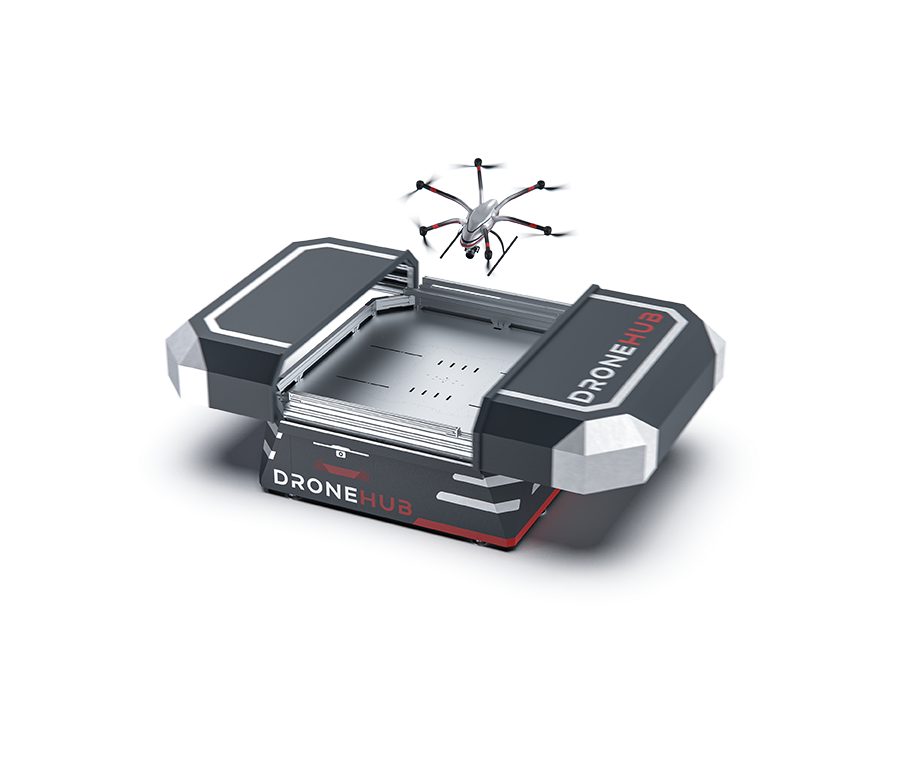In a bold move that signals its serious ambitions in robotics, Samsung Electronics is dramatically increasing its stake in Rainbow Robotics, a pioneering robotics company with an impressive track record. The tech giant is investing $181.6 million to become the largest shareholder, raising its ownership to 35% and making Rainbow Robotics a Samsung subsidiary.
This isn't just another corporate acquisition. Rainbow Robotics brings some serious robotics credentials to the table. Founded by researchers from KAIST (Korea Advanced Institute of Science & Technology), the company made headlines in 2015 when its Hubo robot won the DARPA Robotics Challenge, taking home a $2 million prize. This competition, organized by the U.S. Defense Department's research arm, is like the Olympics of robotics, testing robots' abilities to perform complex tasks in challenging environments.
What makes this partnership particularly interesting is the combination of strengths. Samsung brings its expertise in artificial intelligence and software, while Rainbow Robotics contributes its deep knowledge of building sophisticated robots. Together, they're setting their sights on developing advanced humanoid robots – machines that look and move like humans.
To underscore how serious Samsung is about this venture, they've created a new Future Robotics Office that will report directly to the CEO. This isn't being tucked away in some corner of the company – it's being given direct access to top leadership. To head this new office, they've brought in Dr. Jun-Ho Oh, one of Rainbow Robotics' co-founders and a respected figure in the robotics field.
The timing of this move is significant. The robotics industry is seeing a surge of partnerships between major tech companies and robotics specialists. Google DeepMind is working with Apptronik, OpenAI has partnered with Figure AI, and Toyota's research arm is collaborating with Boston Dynamics. It's starting to look like a race to develop the next generation of human-like robots.
But Samsung and Rainbow aren't just focused on humanoid robots. They're also planning to put robots to work in more immediate applications. Rainbow Robotics recently unveiled the RB-Y1, a mobile robot with two arms that can move around on wheels. These kinds of robots, along with their collaborative robots (cobots) and autonomous mobile robots, could soon be helping to automate manufacturing and logistics tasks in Samsung's facilities.
The partnership also opens up new opportunities for Rainbow Robotics. Samsung's global sales network could help the smaller company expand internationally, building on its recent expansion into the U.S. market with its office in Illinois.
This investment represents more than just Samsung getting into robotics – it's a sign of how the robotics industry is maturing. We're moving from an era of specialized robots doing single tasks to more versatile machines that can work alongside humans in various settings. With major tech companies like Samsung making serious investments in this field, we might be getting closer to seeing robots become a more common sight in our daily lives.


















